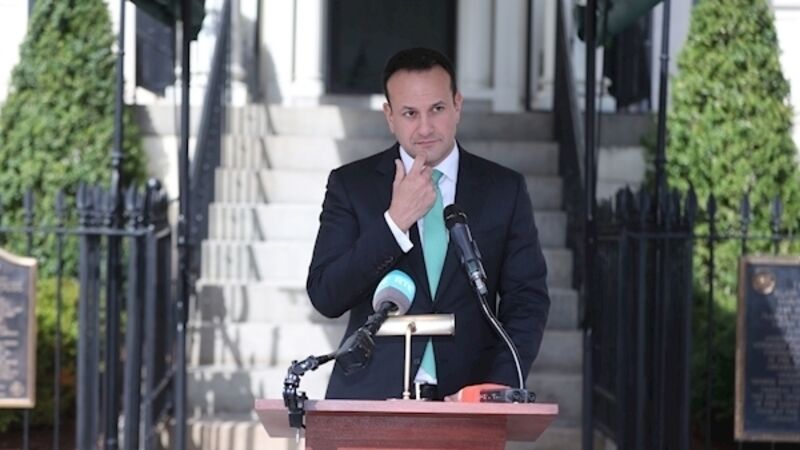Move to delay phase ‘could potentially save thousands of lives’

Ireland has officially moved to the delay phase of Covid-19 engagement, the Government has confirmed — a move it said could “potentially save thousands of lives”.
Try from €1.50 / week
SUBSCRIBE- with reporting from Juno McEnroe
Ireland has officially moved to the delay phase of Covid-19 engagement, the Government has confirmed — a move it said could “potentially save thousands of lives”.
Already a subscriber? Sign in
You have reached your article limit.
Annual €130 €80
Best value
Monthly €12€6 / month
Introductory offers for new customers. Annual billed once for first year. Renews at €130. Monthly initial discount (first 3 months) billed monthly, then €12 a month. Ts&Cs apply.
CONNECT WITH US TODAY
Be the first to know the latest news and updates
Newsletter
Keep up with stories of the day with our lunchtime news wrap and important breaking news alerts.
Sunday, February 8, 2026 - 9:00 PM
Sunday, February 8, 2026 - 7:00 PM
Sunday, February 8, 2026 - 8:00 PM
© Examiner Echo Group Limited